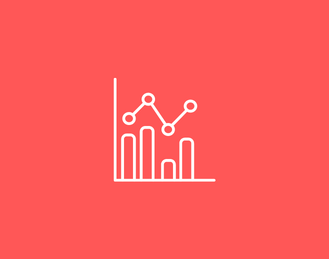Datategy Features
Discover the capabilities of our AI platform
Live Demo
Features
Time Series
Cleaning Module
Exclusive to Datategy, this module enables dedicated time series data preparation. It provides several important types of operations for the preparation of time series data.
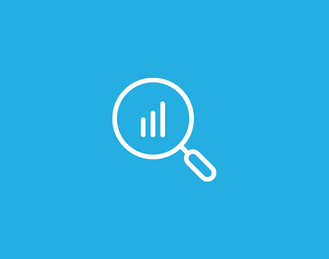
Explicability
This feature allows non-experts to understand the results of their models. It proposes easy-to-understand indicators that give a clear picture of the impact of each of their features in the model.
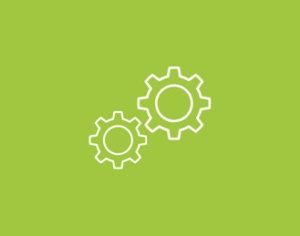
Data Analysis
and Profiling
It offers the ability to calculate statistics for each dataset that is created on the platform, and allows to show trends and relationships between the different columns.
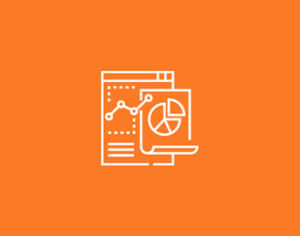
Visualization
papAI proposes charts and other useful interfaces for reporting and allows you to inspect the data, thanks to a large number of graphs available (simple, 3D, and Maps).

Data Integration
This module offers the possibility to integrate data from several different sources, either files (CSV or Excel), databases, or from APIs, and the possibility to create a dataset with a Python or R script.

Explicability
This feature allows non-experts to understand the results of their models. It proposes easy-to-understand indicators that give a clear picture of the impact of each of their features in the model.
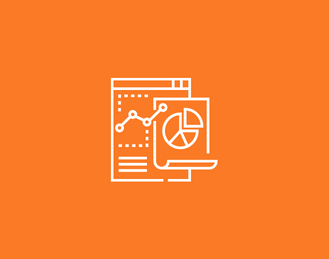
Customizable
In case a user wants to do a specific operation that is not available in the cleaning operations, there is always the possibility to write it via a Python or R script.

Accessibility
papAI offers the possibility of “No-code” for the general public, but also the possibility to code for the initiated.

Machine Learning Lab
papAI proposes charts and other useful interfaces for reporting and allows you to inspect the data, thanks to a large number of graphs available (simple, 3D, and Maps).

Data Cleaning
It is a key step in cleaning and normalising the large amount of raw data. This module provides a very large list of operations.

Predictions
This module allows you to use a trained Machine Learning Lab model to make predictions on new data. It proposes a general diagnosis of these predictions explained. (Why did our model give such a prediction?).
“What-if?” simulation to change the prediction based on certain data (features).

Counter Fact Analysis
It corresponds to the opposite of the ” What-if ?” simulation.
You specify the prediction you are looking for (an interval in the case of a regression or a class in the case of a classification) and you expect the results to be a proposal of the features that should be changed.
This feature allows you to discover certain data that have an impact when you didn’t think about it.
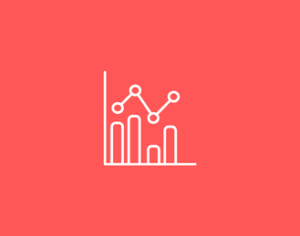
"Time Series"
Analysis
This features is used for an in-depth study of the series, by highlighting its various components and characteristics.
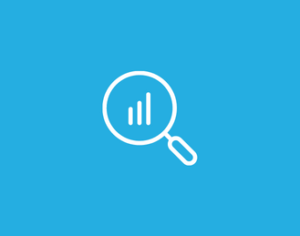
Anomaly Detection Module
It corresponds to the opposite of the ” What-if ?” simulation.
You specify the prediction you are looking for (an interval in the case of a regression or a class in the case of a classification) and you expect the results to be a proposal of the features that should be changed.
This feature allows you to discover certain data that have an impact when you didn’t think about it.

Anomaly Detection Module
It corresponds to the opposite of the ” What-if ?” simulation.
You specify the prediction you are looking for (an interval in the case of a regression or a class in the case of a classification) and you expect the results to be a proposal of the features that should be changed.
This feature allows you to discover certain data that have an impact when you didn’t think about it.
Accelerate your Data Project with papAI
Discuss with us about your company’s use cases
and ask for a demo to discover the Next Generation Enterprise AI platform.
